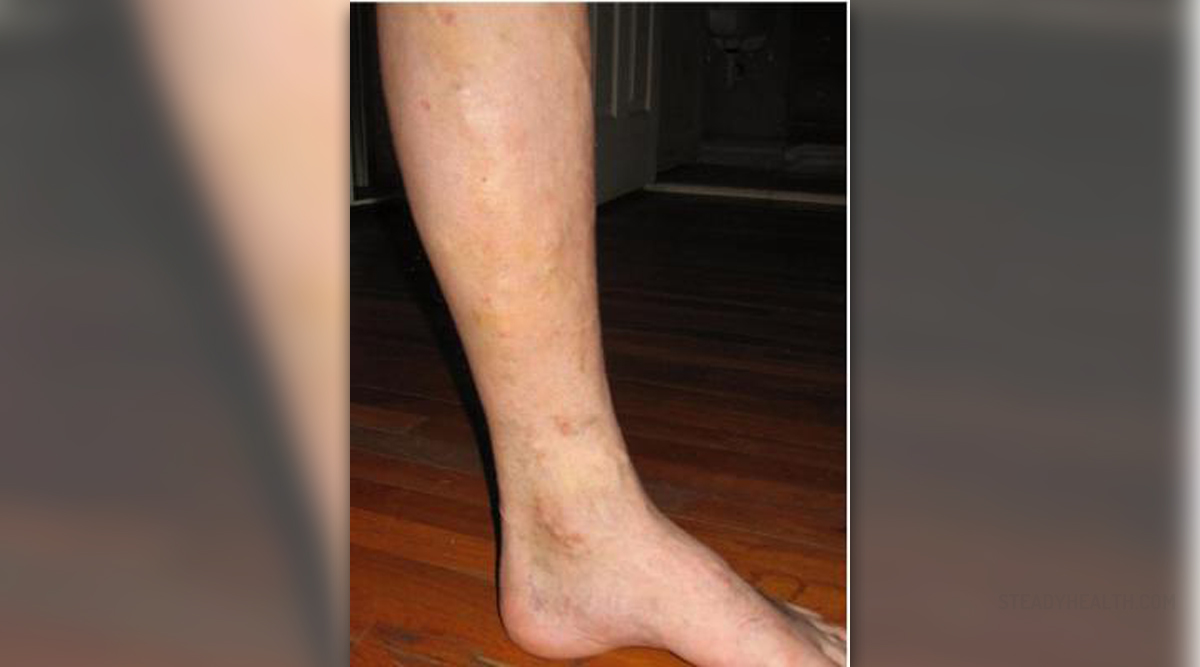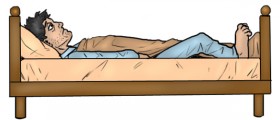
Lower leg cramps and the main causes
Anyone who has experienced unexpected and involuntary contraction of the muscles in the lower part of the legs is probably well acquainted with the condition called lower leg cramps. Pain and tightness in the leg might also occur, depending on the cause. The truth is that the causes may vary, but those that are most frequently identified include dehydration, varicose veins, hypoxia, hypocalcemia, hypokalemia, increased levels of insulin, certain medications and a number of other medical conditions.
Dehydration might result in lower leg cramps that are present at night because the muscles require sufficient amounts of water in order to function properly. This is why besides people who do not drink enough water during the day, people who use diuretics might also suffer from nocturnal lower leg cramps.
Varicose veins cause this problem usually after standing for a long period of time. Hypoxia is condition characterized by too little oxygen in the muscles, which is particularly present after hard training or doing some other strenuous activities. Hypocalcemia or lower blood levels of calcium might also result in lower leg cramps. Hypokalemia is a condition that refers to lower levels of potassium and it can also provoke lower leg cramps. As for medications that might cause this problem, they include those that are used in order to lower the levels of cholesterol, as well as those that affect the levels of glucose in the blood.Lower leg cramps can also be caused by, type 2 diabetes, liver cirrhosis, kidney failure or after undergoing gastric bypass surgery. When this problem is experienced too frequently, the person should visit a doctor.
How to treat lower leg cramps?
In order to conduct the appropriate treatment, the doctor has to identify the cause of the problem first, which will be done with the help of an X-ray or MRI scan. Some cases might need the treatment of the underlying cause, while others might require physical therapy and some pain relievers or anti-inflammatory medications. Very severe cases sometimes require hospitalization and surgery, but these cases are extremely rare. After knowing the causes of this unpleasant condition, we can then do the things to avoid and prevent its occurrence.

















Your thoughts on this
Loading...